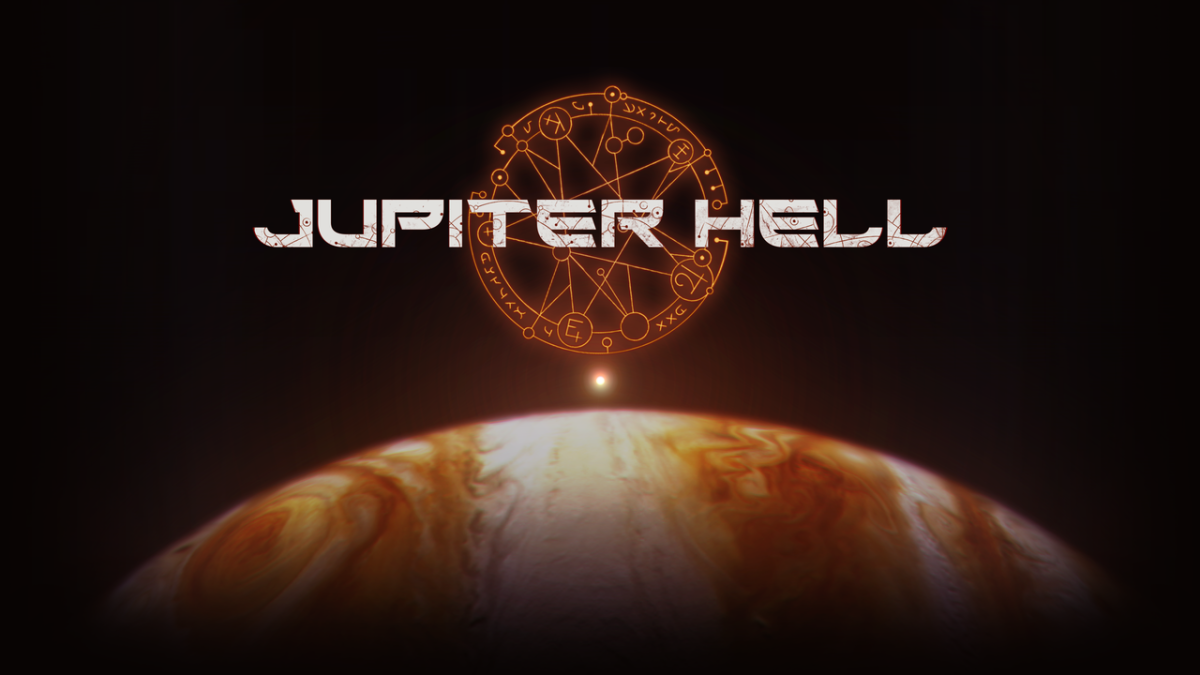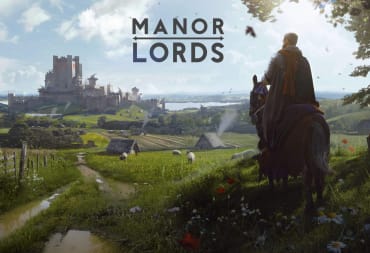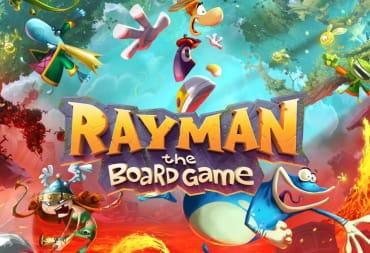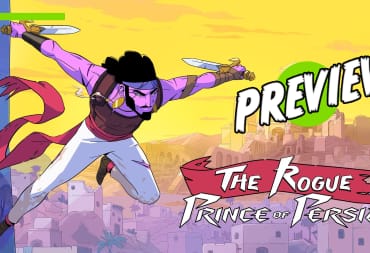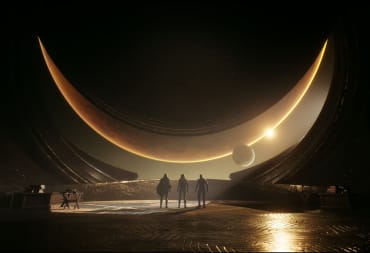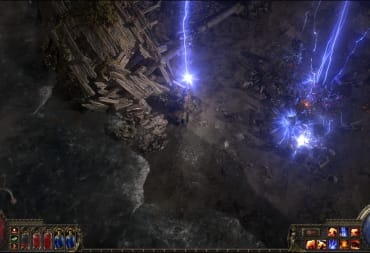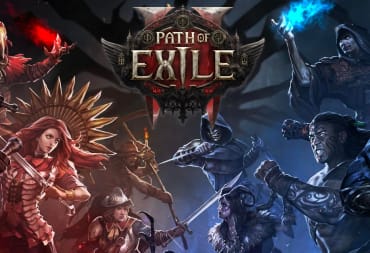I’ve always loved how roguelikes can manipulate your emotions and frustrate you to the point of playing worse. In a game like Spelunky, you can fall on spikes and lose in seconds flat. It wanes your determination to power through it. Jupiter Hell accomplishes the same feat when demons kill me in more than one run in less than a minute. I’m not proud of it, but that isn’t stopping me.
Jupiter Hell picks up where DoomRL left off after becoming DRL in December 2016. The original developer Kornel Kisielewicz, brought together the ChaosForge team to crowdfund it via Kickstarter in December 2016. Almost three years later, the turn-based roguelike is now available on Steam Early Access.
Jupiter Hell couples the action of Doom with board game strategy
It starts with a lone marine crash landing onto a mining base overflowing with demons and other odd creatures. ChaosForge cuts it there and throws the player right into the action of the Callisto base as undead marines hunt them down. The turn-based gameplay creates a balance between high octane action and planning out your every move.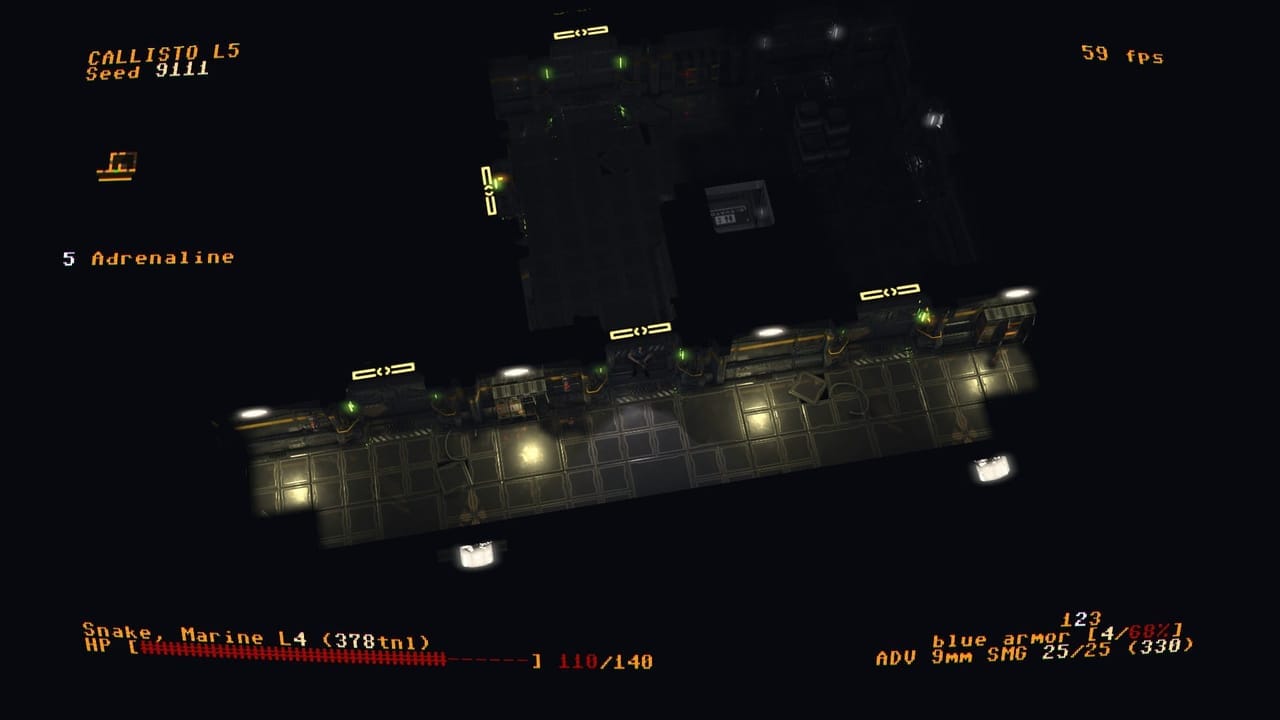
The fog of war covering each stage keeps you on edge at all times. Demons waiting to leap at you litter every corner of both the industrial base and caves. The unexplored areas force you to constantly be aware of how quickly a situation can change. It only takes one turn to open a door and realize you unleashed an army of undead marines.
Anyone who has played a Gears of War game knows how obvious it is a fight is coming based on the surrounding cover. In Jupiter Hell, you always have to be aware of how every corridor or room can play out. An undead marine might shoot through the boxes as you hide behind them, but it won’t shoot through a pillar.
The majority of Jupiter Hell involves either dashing to cover or reloading your gun after an encounter. The strategy revolves around how well you can predict the movement patterns of an enemy in relation to your position. Is it better to stay behind a wall and wait or move forward where a demon might rush through stacked boxes? On more than one occasion, I saw a demon, assumed it was melee only, and immediately died to a fireball. Yep, that’s why I’m not a speedrunner.
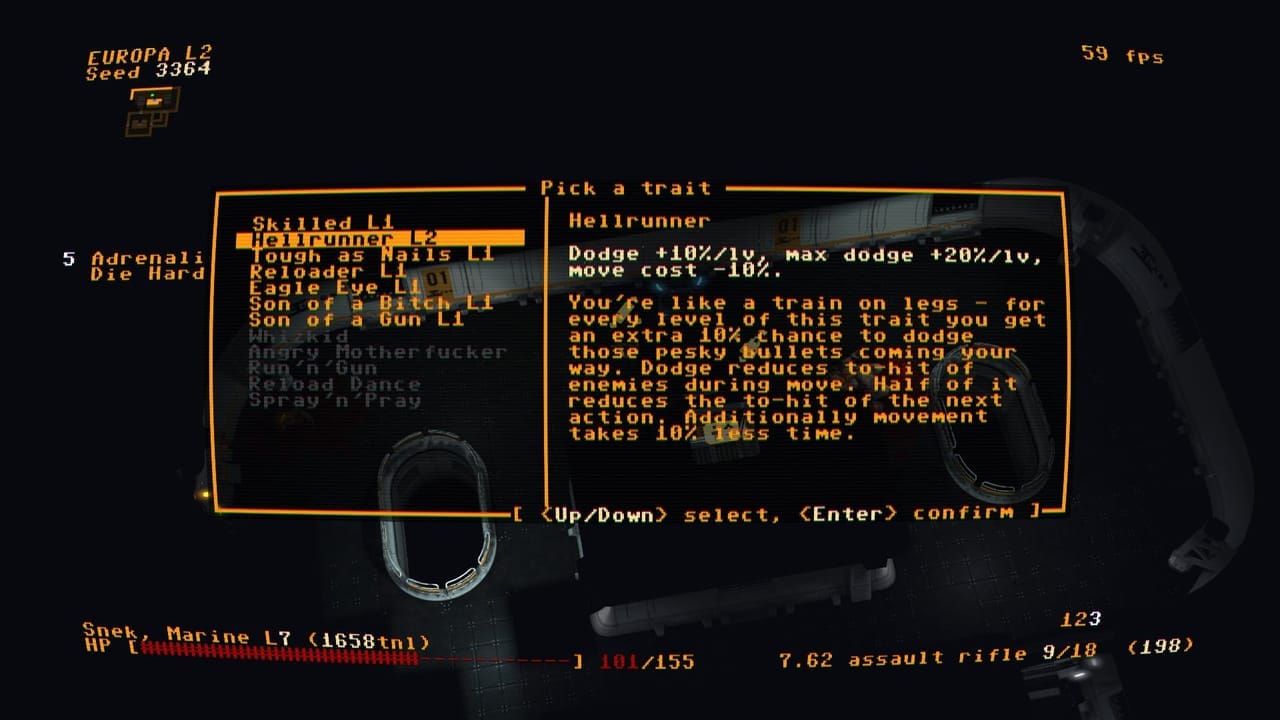
The persistent emphasis on cover is nothing new to any tactical shooter, but it’s even more prevalent here. Every form of cover makes it more difficult for a ranged enemy to hit you. This plays into a dodge chance mechanic by raising it when in cover. Certain traits gained from leveling up enhance that chance all throughout your run. For example, the Hellrunner trait increases your dodge chance while moving in between turns. The different traits provide a good opportunity for people to create the best build for how they want to play.
Each of the three classes has an ability unique to them alongside some traits others don’t have access to. While two classes are more catered to running away, the Marine relishes in taking a beating. His ability takes advantage of a mechanic in Jupiter Hell where whenever you’re hurt, a Pain debuff reduces your accuracy. The Marine turns a bad situation into a good one by removing this debuff once per stage and healing from it instead.
The Pain mechanic ties back to the chess side in discouraging an aggressive playstyle. The debuff disappears quickly, so it doesn’t hinder you much unless there’s an enemy in your face. This is why the Marine is great for when you take a huge chunk of damage. In my case, I play quicker than I should and often lose the opportunity to use it.
https://youtu.be/o2xEhOeVw7Q
Jupiter Hell uses a unique turn order system
One mechanic that likely slips under the radar is how combat plays out. It’s not as simple as sequential turns. Instead, each turn proceeds differently based on stats like your reload speed or the Hellrunner trait making you run faster. This allows for extra shots or reloads before the enemy reacts. I like this idea since it plays into how players will make builds centered around certain weapons.The first several hours I put into Jupiter Hell I didn’t focus too much on the stats behind weapons, but rather if it felt good. A 12 gauge shotgun is nasty for slaughtering groups of demons, but a 9mm automatic rifle is more consistent. Each weapon has its own advantages, even if some (like the chaingun) can be overpowered. The variety is still great because each firearm synergizes with certain traits, like Son of a Gun's reduced fire time.
It's surprising that the tutorial doesn't cover different types of gun damage. I had to search a little outside the game to figure out how Impact, Slash, and Pierce each worked differently against armor. Impact has no bonus, Slash does double damage to armor, and half of Pierce damage goes through armor. With more types planned, this is another area where there’s room for creativity in your playstyle. I do wish the chainsaw was more useful. There’s absolutely no reason to get close to an enemy.
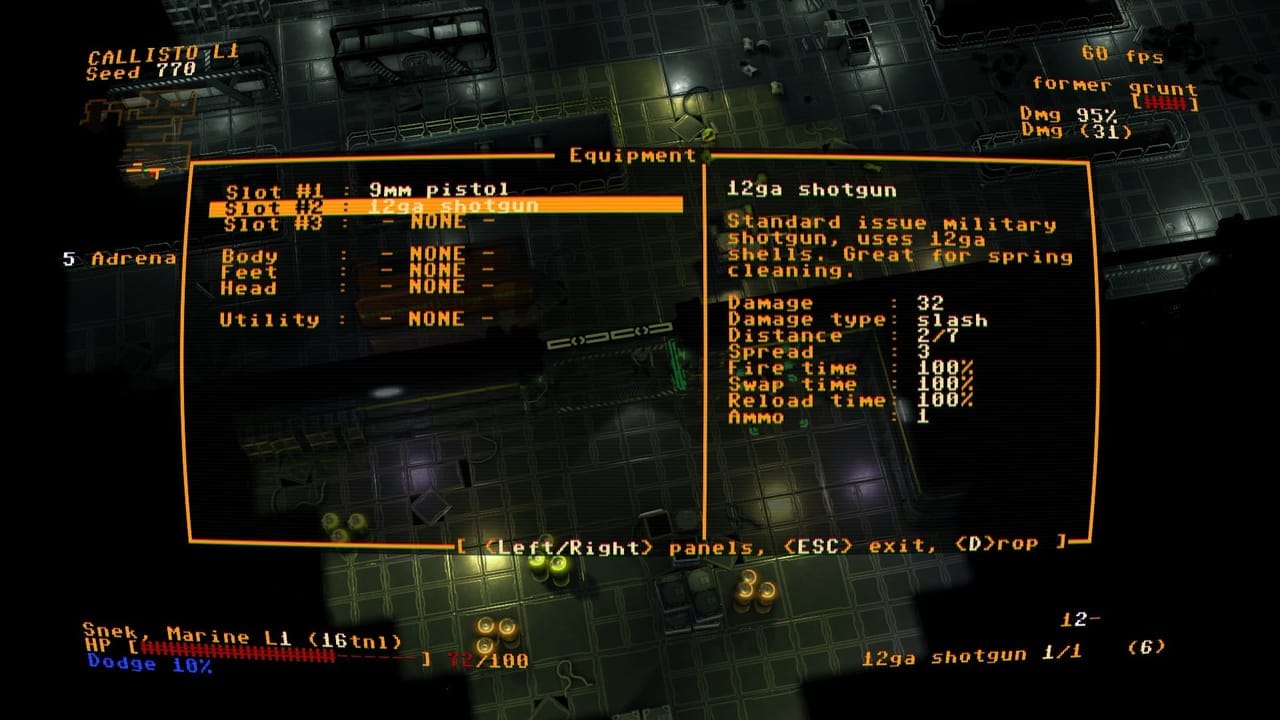
Did a door just hiss at me?
The sound in Jupiter Hell is an area where it excels in more ways than one. Wandering through a cavern I’d hear a demon roaring, an explosion from a rocket, a drone beeping, and then a nearby door opening. In the process, I questioned whether it was the hiss of a door or a demon hissing at me. The audio design is on point, as is the industrial metal soundtrack. I blame the music for rushing me through my turns.I haven’t even mentioned the protagonist is voiced by Mark Meer, Mass Effect’s Commander Shepard. His dialogue produces a potent mixture of profanity and humor. After alt-tabbing away for a few minutes, I heard in the background, “What are you waiting for, Christmas?” The options include a profanity filter for responses like this or swear filled ones instead.
Jupiter Hell’s intense strategy combined with nonstop action, no pun intended, is what makes it great. It’s easy to pick up and play while still producing the right amount of challenge. I look forward to seeing the finished product and its final area.
TechRaptor previewed Jupiter Hell on PC via Steam Early Access with a code provided by the developer.
Previews you can trust: To ensure you're getting a fair, accurate, and informed review, our experienced team spends a significant amount of time on everything we preview. Read more about how we review games and products.
Have a tip, or want to point out something we missed? Leave a Comment or e-mail us at tips@techraptor.net
